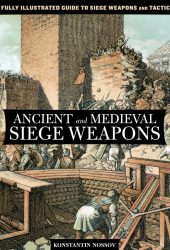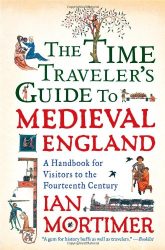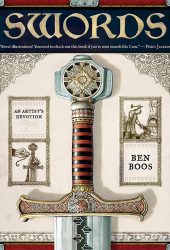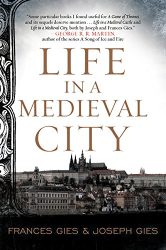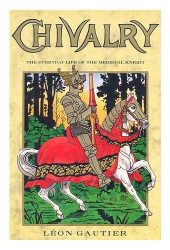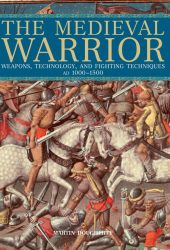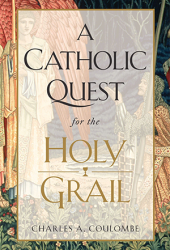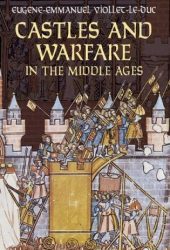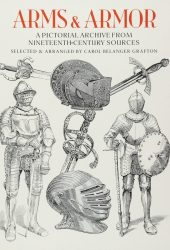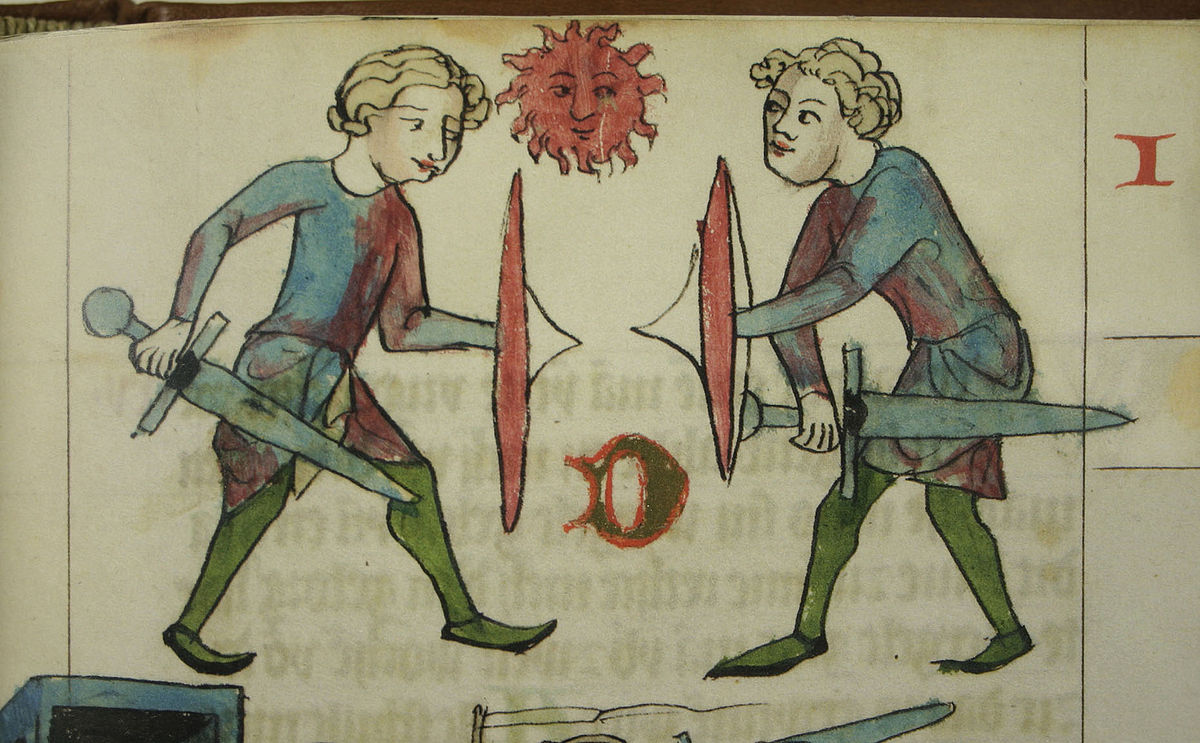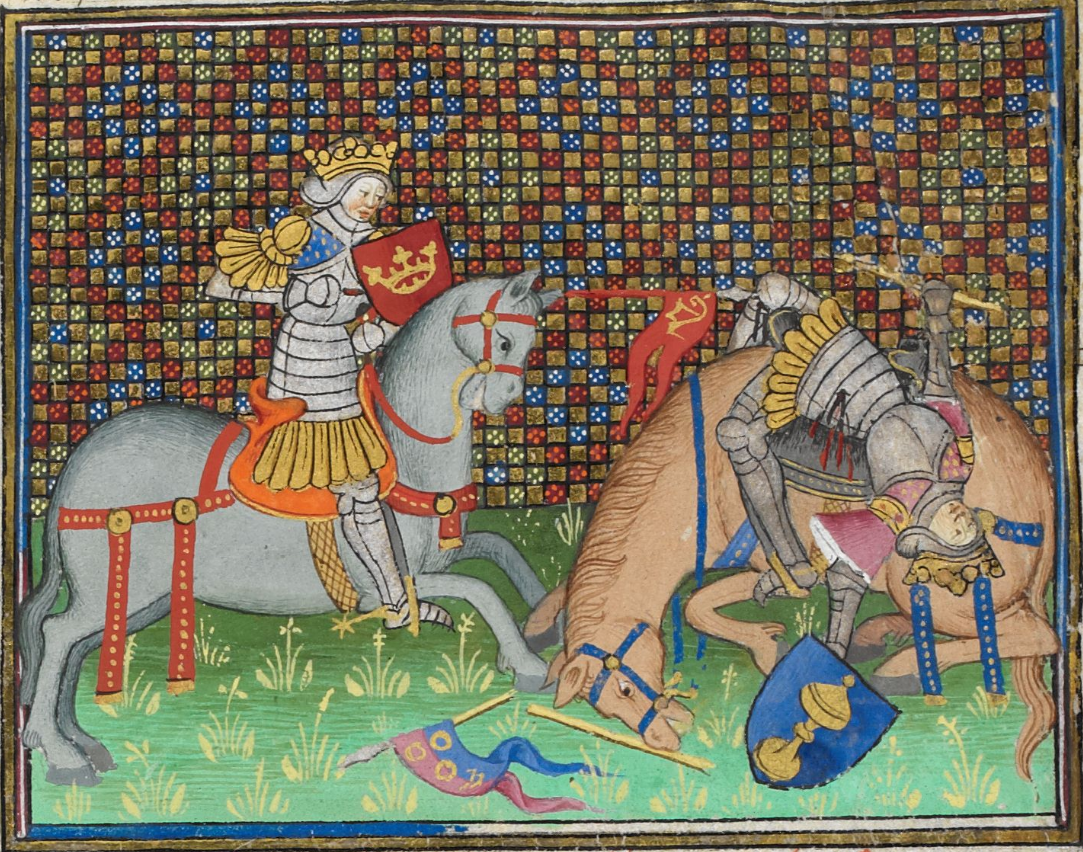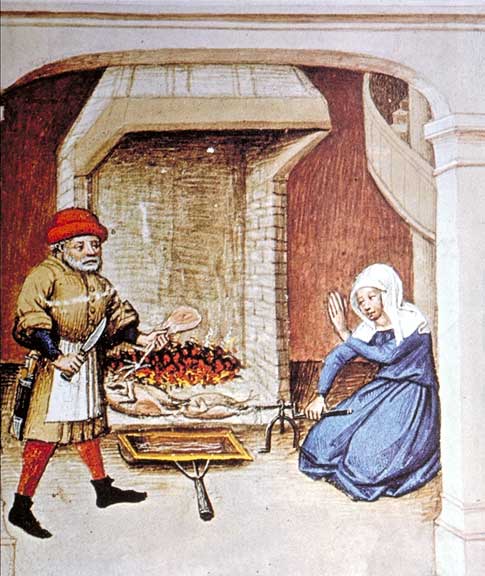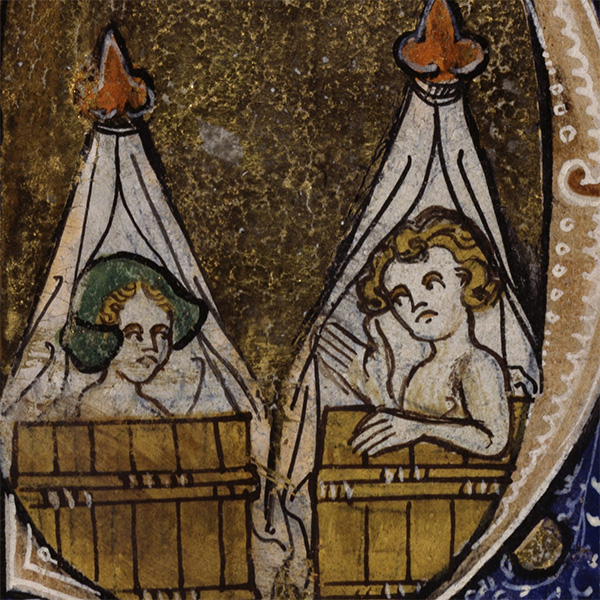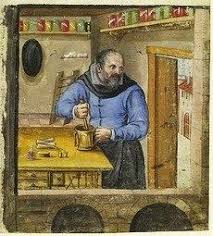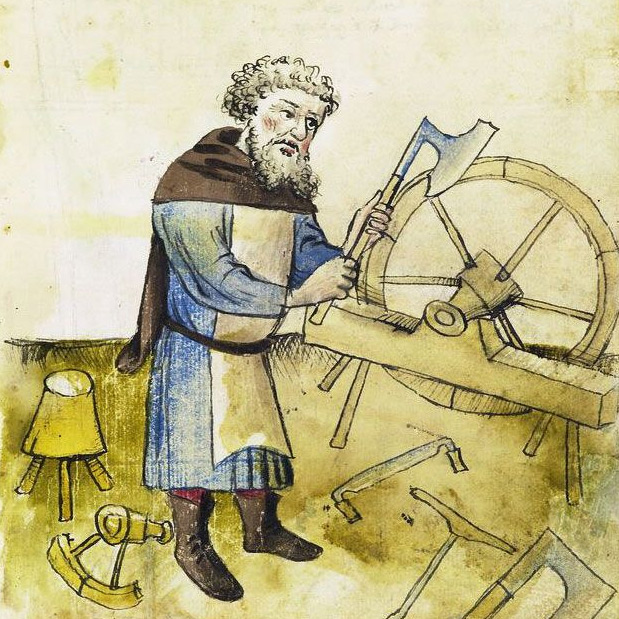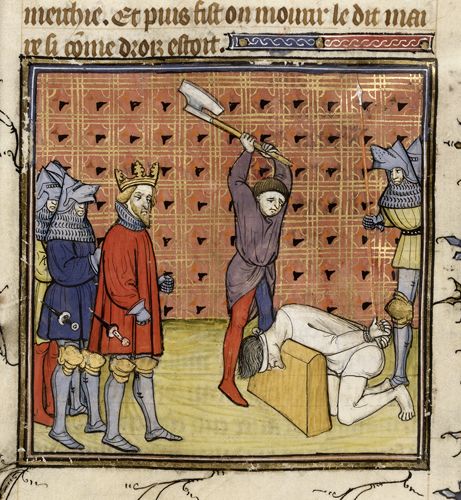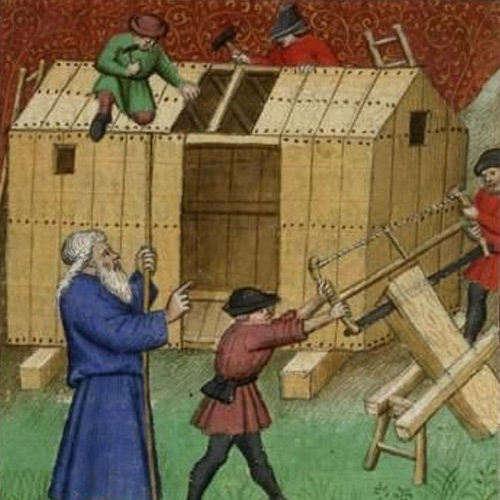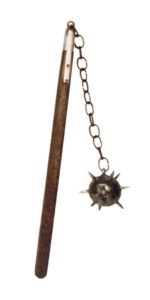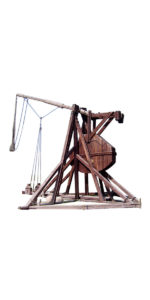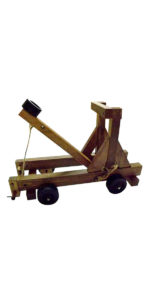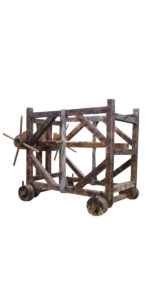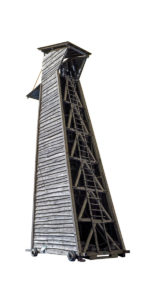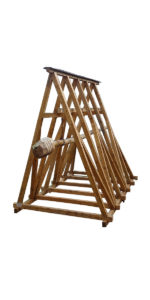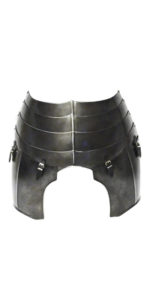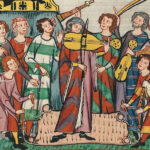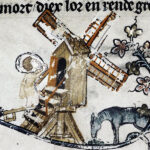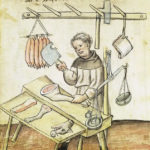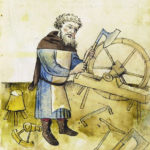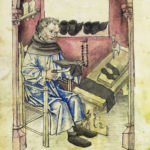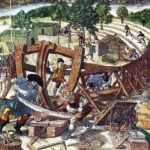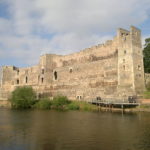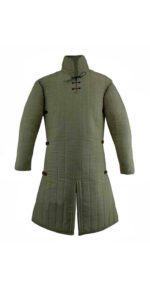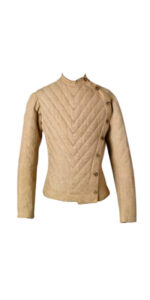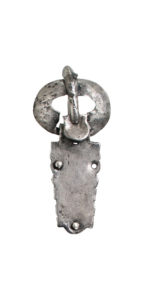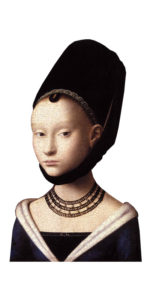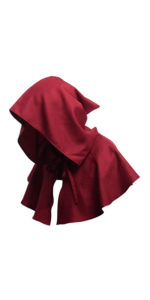During the Middle Ages, people usually stopped working and focused on attending mass and celebrating the Christmas holidays.
A Christmas feast in the Manor could include pork, beef, fowl, geese, bread, cheese, wine, or beer. The local lord frequently supplied food for the peasants, as the festivity was a time for charity and sharing.
For example, in the 13th century, a shepherd in Somerset received a loaf of bread on Christmas day. Others in the same manor were also given a mess of beef and bacon with mustard. People also exchanged presents during the holiday; we’ll take a look at these below.
Medieval Christmas Traditions
Christmas was preceded by Advent (the preparation for God’s coming into the world), which usually means people fasted for a month. This was considered a time of exile, longing, and repentance.
Because the holidays coincided with the period after the harvest of crops, however, there was little work required on the farm and plenty of food to share. Animals that needn’t be kept for the winter, for example, could be slaughtered for the feasts beginning on the 24th of December.
The holiday season lasted from at least the 25th of December to the 6th of January. Sometimes, pagan traditions were mirrored and there could be inversions of order. For example, a boy could be chosen bishop. Surviving documents show that one such boy pronounced in a sermon that he wished all his teachers would end up on the gallows at Tyburn. Christmas holidays were also a great time to inaugurate a reign; William the Conqueror was crowned on Christmas 1066.
Life in the Middle Ages was difficult for the majority of people, but it’s hard not to imagine Christmas was considered a time to celebrate the closing of the year with friends and family. Stories were exchanged around warm fires, usually supplementing accounts of Jesus’ birth with visions of the medieval world. Nativity scenes were also set up then, usually in caves.
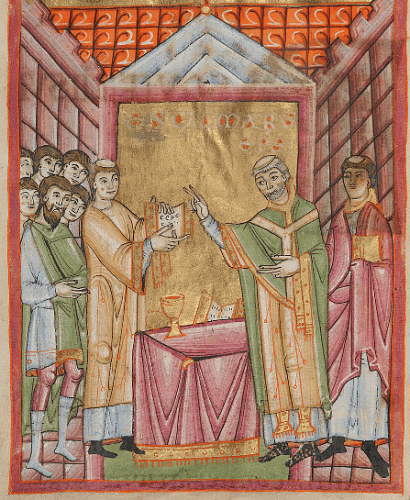
Present-Giving
Exchanging presents is not only something we do today, although back in medieval times, this was also done closer to New Year (originally marked in March). Giving gifts is a ritual with pagan roots, just like carols or liturgical songs. Christianity borrowed a lot of these and incorporated them into the religious holiday.
Bearing gifts was represented by the Three Wise Men, or Magi, giving presents to Jesus. There’s also a link between Christmas begging and the exchange of gifts between the social classes, as Stephen Nissenbaum explains in his book “The Battle for Christmas.”
Most Christmas gifts in the Middle Ages consisted of feasts. If the harvest had been good, so was the celebration afterward. Peasants would be allotted more grain or given a portion of the crops that they would normally owe to the Lord.
For the nobility, feasts included family and nobles invited to Manors and Castles and given vast amounts of food. They would also normally exchange jewelry, horses, or fine silk and tapestries. Sometimes, Lords would place specific gifts around their residence and let peasants mock-pillage them.
For the common people, Christmas in the Middle Ages was perhaps closer to our Halloween today. The traditions Wassailing, for example, saw workers showing up at the doors of the well-to-dos and demand a drink.


